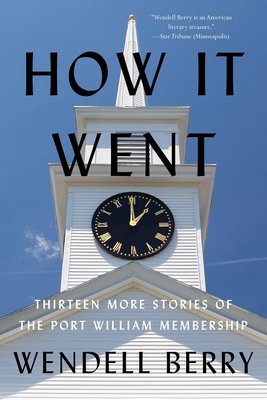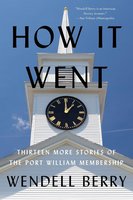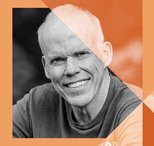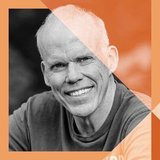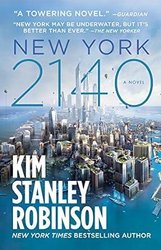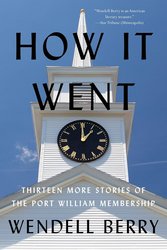Bill McKibben on the Power That Could Save the Planet
The fight against climate change is at a crossroads.
This past year, the climate movement in the United States achieved significant success. The recently passed Inflation Reduction Act represents the single largest investment in emissions reduction in U.S. history. More than a dozen states have taken some form of climate action in 2022 alone. Earlier this year, California — which, if it were a country, would have the fifth largest economy in the world — approved a record $54 billion in climate spending alongside sweeping new restrictions on fossil fuel development. These investments coincide with a wave of technological transformation: Over the past decade, the cost of solar energy has declined around 90 percent and that of onshore wind around 70 percent, making these energy sources economically competitive with fossil fuels for the first time.
“The new numbers turn the economic logic we’re used to upside down,” writes the climate activist and journalist Bill McKibben. To him, the import of this moment is clear: For the first time, McKibben argues, humanity has at our fingertips the tools needed to end humanity’s millenniums-long dependence on burning things for energy — and to save our climate in the process.
To those familiar with the climate movement, McKibben is a familiar name. His book “The End of Nature” has been compared to Rachel Carson’s “Silent Spring” in terms of its impact on the climate movement. He’s founded organizations like Third Act and 350.org, the latter of which is among the largest climate activist organizations in the world today. He was a key leader in the fight to block the Keystone XL pipeline. And he currently writes the influential newsletter “The Crucial Years.” Ask anyone in the climate movement today about their inspirations and McKibben will almost certainly top the list.
But in McKibben’s telling, the climate movement’s successes in getting us to this point actually require it to change. A movement founded on blocking bad things from happening now needs to turn to building at intensified speed; a movement that has long fought to preserve the natural world now has to help usher in a wholesale transformation of the global landscape; a movement that has long been critical of capitalism and economic growth now has to align itself with those forces in order to achieve its ends.
Those shifts will require new tactics, new animating ideas, new motivations and new priorities — with the future of the climate hanging in the balance. So I wanted to have McKibben on the show to talk about this dawning era of the climate fight we’re entering, and what changes the movement will have to make to meet this moment.
